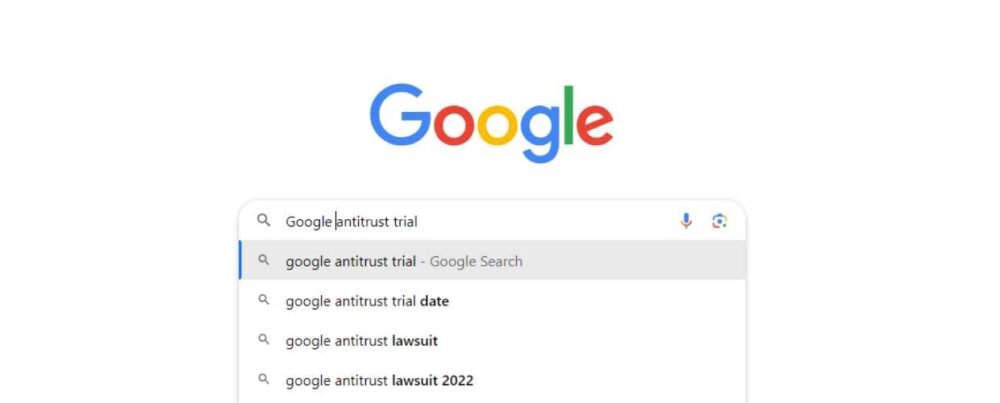In a landmark antitrust trial, Google has unveiled a compelling aspect of its defense, underscoring that users willingly opt for its search engine when it comes pre-installed on their devices while swiftly switching from alternatives like Bing. This development came to light as the U.S. Justice Department contends that Google’s parent company, Alphabet, sought deals with mobile carriers to secure dominant default smartphone positions, ultimately monopolizing the search market. The outcome of this high-stakes trial, described as one of the most significant in decades, could significantly shape the future of the internet.
The government’s examination of Antonio Rangel, a behavioral biology professor at the California Institute of Technology, concluded on Thursday. Rangel argued that consumers are likelier to stick with pre-installed default browsers on computers and mobile phones. The government asserts that Google paid approximately $10 billion annually to wireless carriers such as AT&T, device manufacturers like Apple, and browser creators like Mozilla to secure its position as the default search engine, fending off competitors and maintaining a nearly 90% market share. During Rangel’s cross-examination, John Schmidtlein, Google’s lawyer, highlighted instances where many users continued to use Google as their search engine, even when another search engine was set as the default. Additionally, Schmidtlein presented an internal Microsoft document several years ago, indicating that users with different default search engines on BlackBerries overwhelmingly chose Google when conducting searches. Even Verizon BlackBerries, with Bing as the default, still saw 91% of searches on Google.
Google vigorously contends that the government’s allegations of illegal activities aimed at preserving its market share are unfounded. The company argues that its search engine’s popularity is a result of its superior quality, and any payments made to wireless carriers and partners were fair compensation for their collaboration. This trial holds significant implications for the broader tech industry, which has faced accusations of stifling competition through acquisition or other means. Tech giants often defend themselves by emphasizing that their services are either free, as in the case of Google, or affordable, as with Amazon. As indicated in its financial statements, the government’s allegations extend to Google’s influence in online advertising, which constituted over three-quarters of its revenue in 2022.
Furthermore, the government claims that Google took unlawful measures to safeguard communications related to these payments. If Google is found guilty of breaking the law, U.S. District Judge Amit Mehta, presiding over the case, will determine the appropriate remedies. These may include ordering Google to cease illegal practices or divest certain assets, potentially reshaping the digital landscape.










